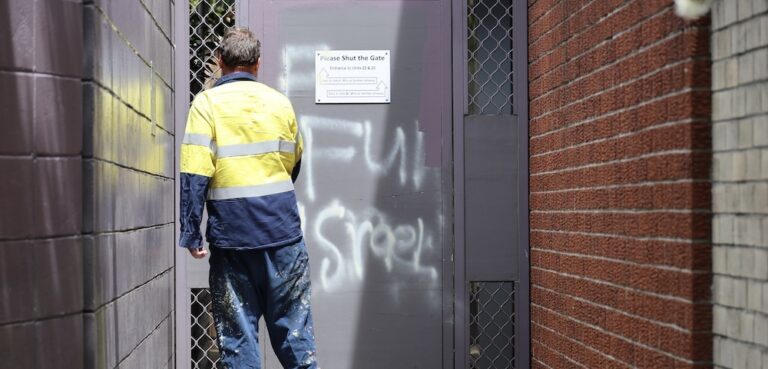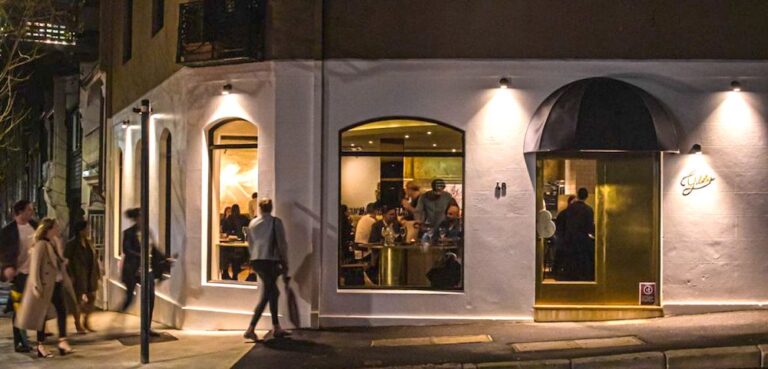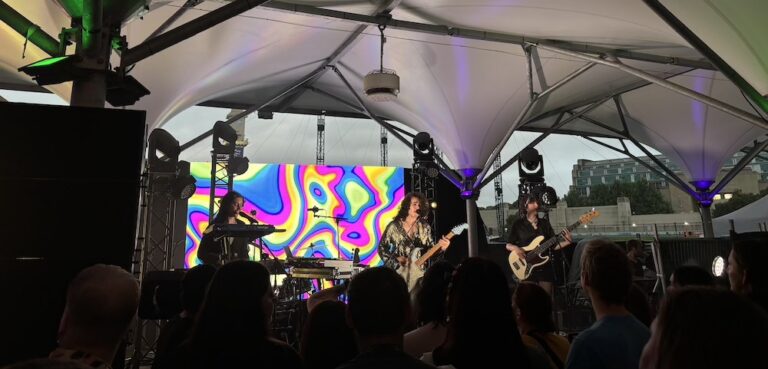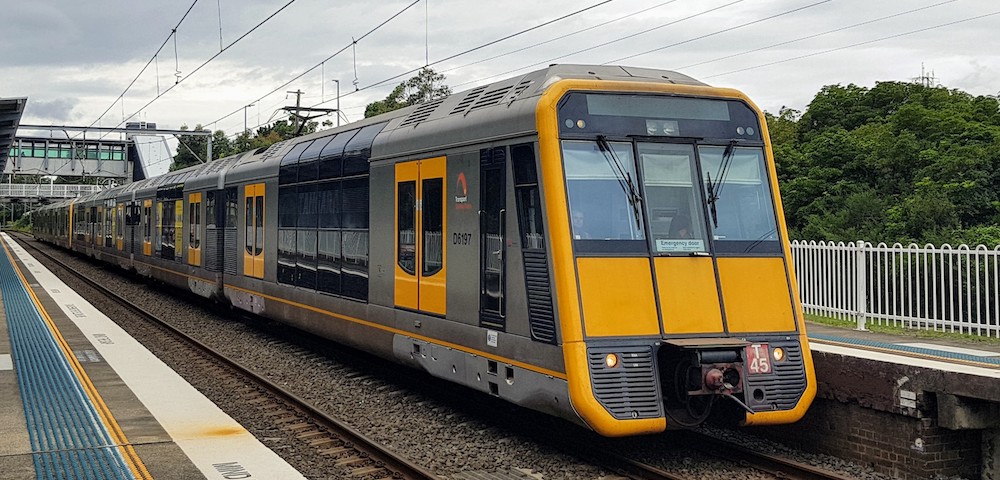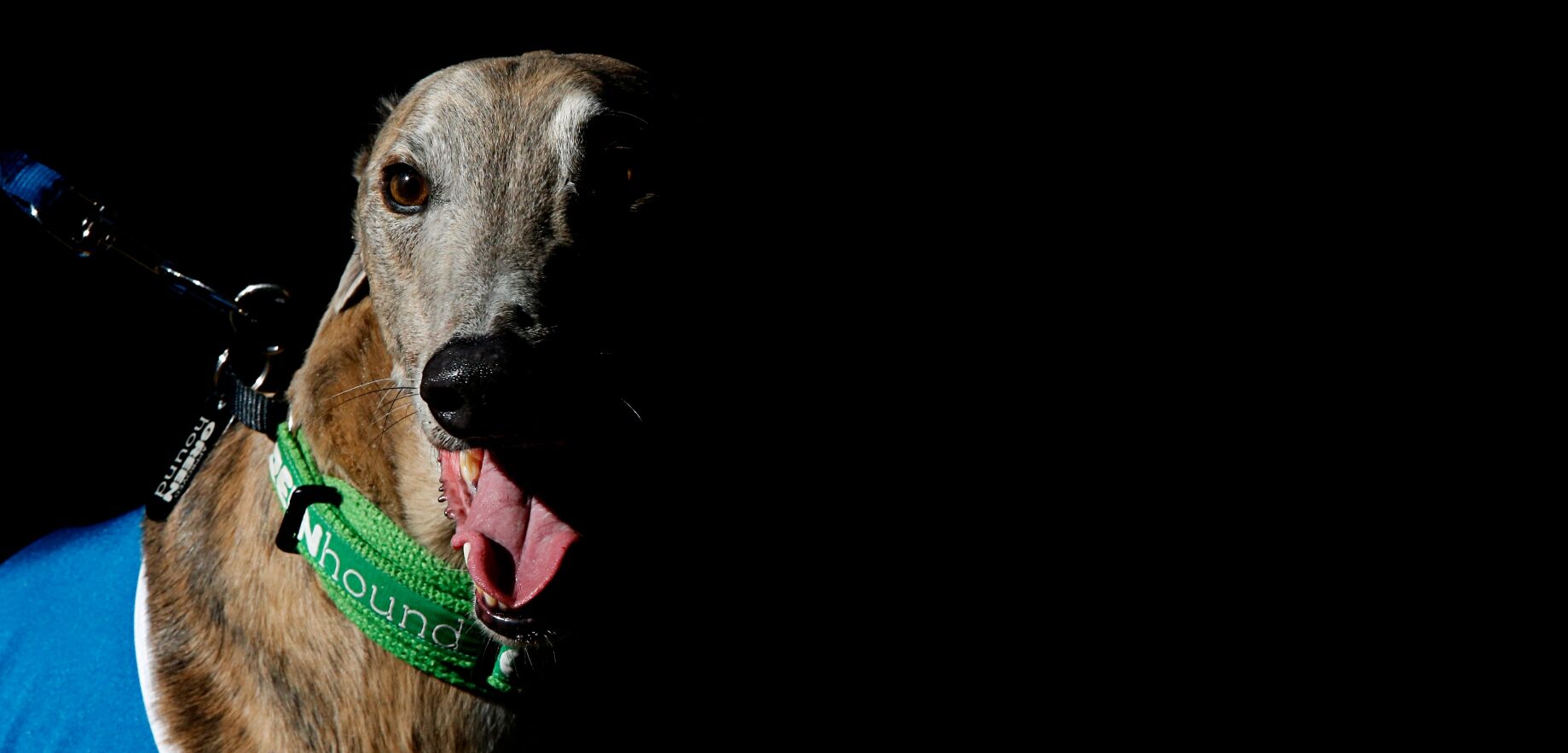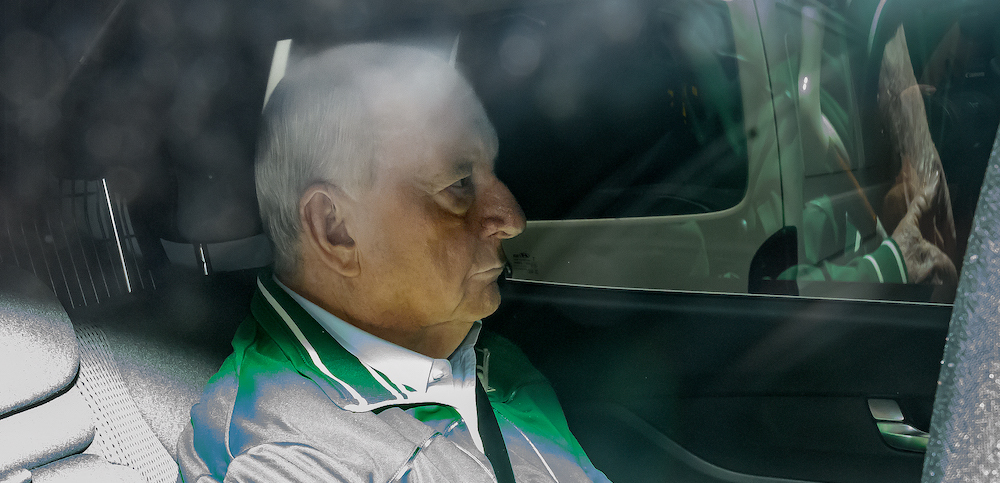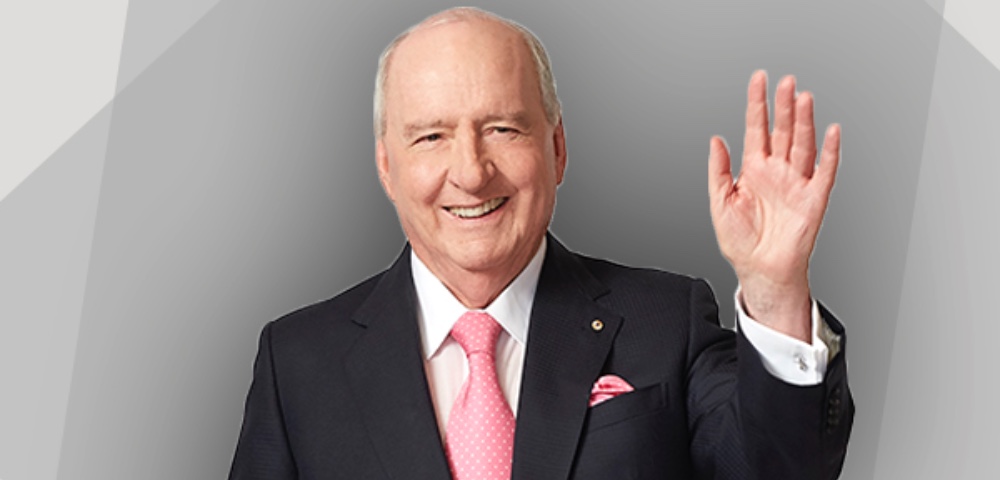
Booze patrol
New state liquor laws begin
BY ROJE ADAIMY
If you’re drunk and unruly around a licensed venue in Sydney from July 1, expect to be hit with a $550 on-the-spot fine.
It is just one of a number of new offences being rolled out this week as part of the NSW Government’s liquor law reforms, in a bid to reduce the level of alcohol-related crime and anti-social behaviour.
Under the Liquor Act 2007, police will be given the power to issue on the spot fines to drunk, quarrelsome or violent people who attempt to re-enter, or remain in the vicinity of, licensed premises after refusal or rejection.
There will also be increased penalties for underage drinking and intoxication, including fines of up to $2,200 for minors who enter licensed venues or buy alcohol.
Surry Hills Local Area Commander, Superintendent Donna Adney, told The City News that both general duty officers and members of the new Surry Hills Alcohol Regulatory Compliance Squad (SHARCS) will proactively be on the lookout for people who have had too much to drink and refuse to stop.
She offered a stern warning, saying that police will not hesitate to use these new powers and punish offenders.
“I’ll be saying to Surry Hills Police that if you detect the offence of ‘fail to quit’, then you should give the ticket,” Superintendent Adney said.
“They won’t ignore intoxicated people who are acting ridiculously, so consuming alcohol in Surry Hills potentially has consequences if you don’t do it responsibly.”
Police officers, together with a team of new liquor inspectors, will be given the power to issue fines after an on-the-spot investigation, much like a speeding ticket, if they believe the person has ignored warnings to stop drinking or to leave a venue.
“They maintain their right as an individual police officer to exercise discretion, however, I think you will find that in most cases they will give the ticket,” Superintendent Adney said.
“And we’re doing that because we want to reduce the levels of intoxication and reduce the levels of alcohol-related crime and anti-social behaviour.”
She said that a reduction in the number of intoxicated people could also benefit members of the gay, lesbian, bisexual and transgender (GLBT) community in the area.
“I firmly believe that there is a link between alcohol and homophobic behaviour,” Superintendent Adney said. “So I’m hoping that in six months time the GLBT community will start to feel better and be less subject to homophobic behaviour, like name-calling and that sort of thing.”
While the new liquor laws come under the jurisdiction of the NSW Office of Liquor, Gaming and Racing, the level of enforcement of these new offences are a directive of the NSW Minister for Police.
‘People need to know that if they go out and get a skinful they risk ending up in hospital, as a victim of crime, or in the back of a police truck,” NSW Minister for Police, David Campbell, told The City News.
“These tough new laws which come into effect on July 1 will give police extra powers in their fight against alcohol-related crime [and is] part of a crackdown on drunks who cause trouble in pubs and clubs,” he said.
The NSW director of liquor and gaming, Albert Gardner, will be issuing guidelines to assist licensees and their staff to determine if a patron is intoxicated or approaching intoxication. This will allow them to refuse entry or service, and/or eject the patron and comply with responsible serving laws, a spokesperson for Mr Gardner said.

